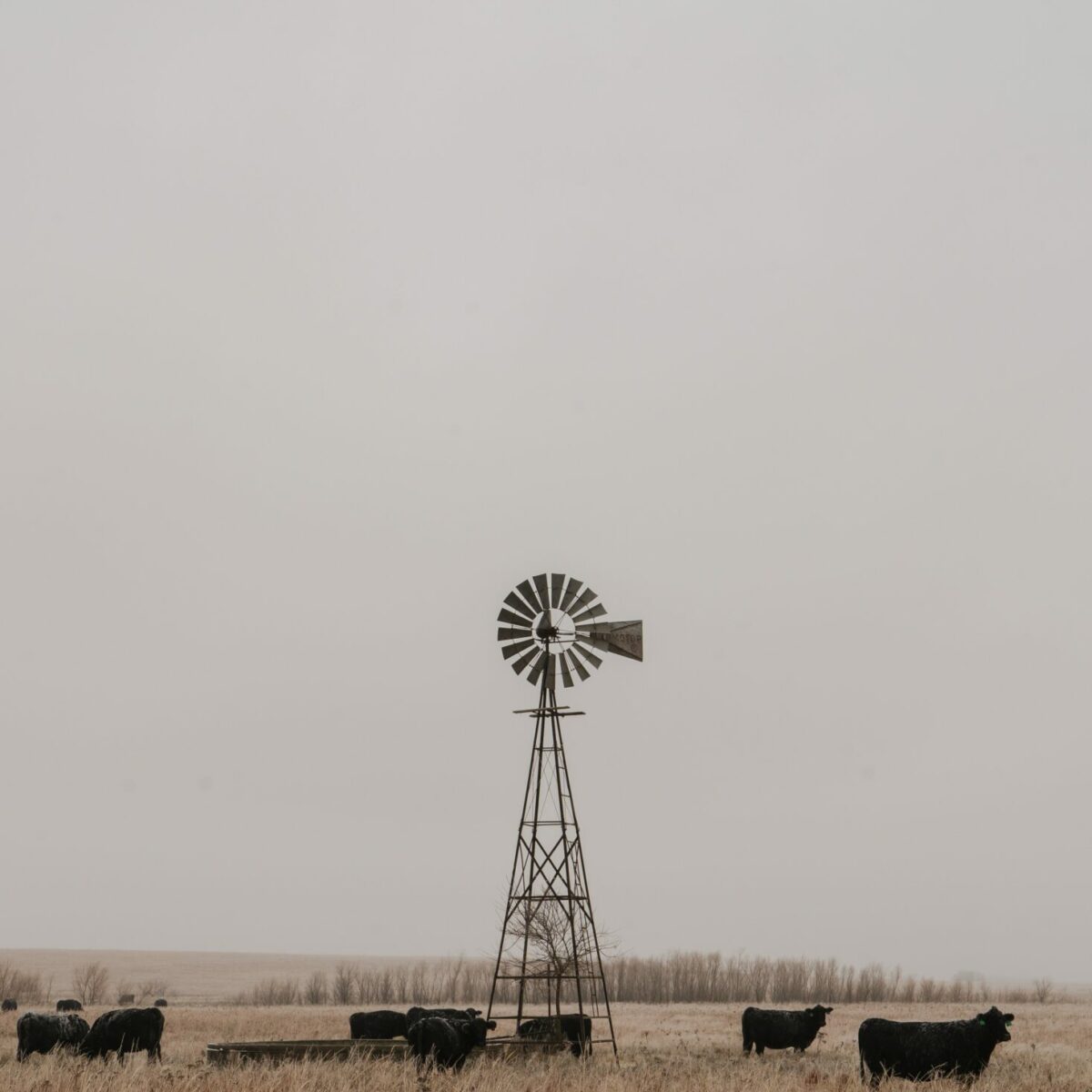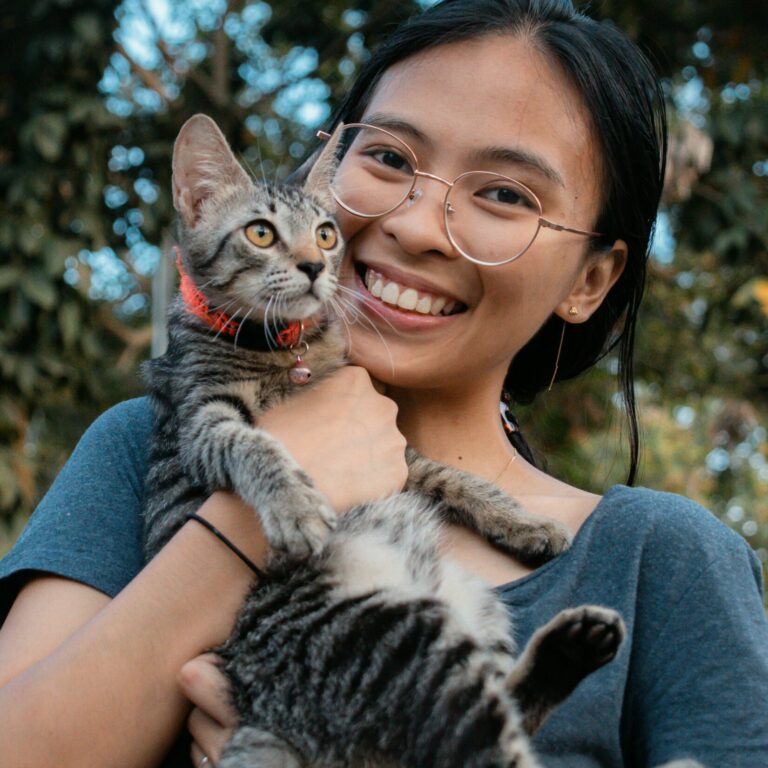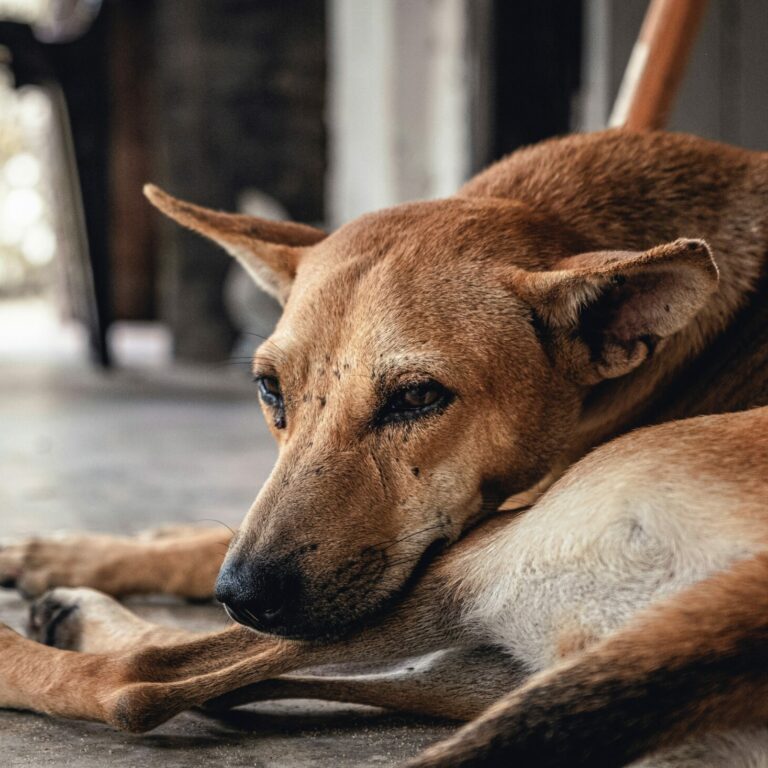
AN OVERLOOKED THREAT
A deliberate release of virus, bacteria, toxins, or other harmful agents to cause illness or death is commonly referred to as Biocrime or Agrocrime. In April 2020, United Nations Secretary-General António Guterres made the following statement : “the weaknesses and lack of preparedness exposed by (the covid-19) pandemic provide a window onto how a bioterrorist attack might unfold.” Yet, the traditional compartmentation of health might indeed make one focus on plant-based agriculture, and overlook the fact that agrocrime also includes animals and their derived products. Animal pathogens are the most dangerous and the most used as bioweapons in history. A great number of animal pathogens are already present in our environment, and thus potentially available to criminal or terrorist use as bioweapons. Moreover, 80% of pathogens with biological weapon potential are zoonotic.
A criminally induced biological event similar to Covid-19 would not only affect both animals and humans worldwide, but political stability might also be put at threat, as history shows a strong influence of animal disease outbreaks on civil and political unrest. The full definition of Agrocrime therefore includes negative consequences on food safety, food authenticity, or national security. During WW2, both sides already developed offensive biological weapons programs, including some targeting livestock and using zoonotic pathogens. Beyond animal welfare crimes, Agrocrime can also take the shape of illicit wildlife use, falsification of veterinary and animal products, or circumventing disease control measures through smuggling of animals and their associated products. Although acts of Agrocrime are currently highly lucrative and entailing low penalties, possibly serving organized crime or the financing of terror groups, research and preparedness mechanisms remain limited on the subject.
BRIDGING GAPS IN COOPERATION
Agriculture and animal health should be treated as national security priority, as enhancing preparedness to face Agrocrime is critical to ensure a safe future. Official preparedness and response efforts for health emergencies must therefore include zoonoses. In the event of a deliberate biological contamination targeting governments and the public through livestock, public health, law enforcement and veterinary professionals would have to react and work together in a quick and efficient manner. Despite some quite recent progress, much remains to be done. The covid-19 mostly crisis was tackled with the intervention of the public health community, as well as with the contribution from veterinary and law enforcement professionals. A few years later, cooperation mechanisms between public health and veterinary health, and between public health and law enforcement are being strengthened. However, the One Health approach to tackling crises will not be complete without bridging the remaining gap between veterinary health and law enforcement. The challenge is now to coordinate professionals from both disciplines, and to overcome differences in terminologies, perspective, expertise, as well as competing priorities. Dialogues leading to new frameworks are needed to share the intelligence necessary to prevent and respond to agrocrime.
Additionally, a comprehensive One Health approach to fighting Agrocrime would not be complete without an enhanced cooperation between the animal health sector and law enforcement at the international level. The sharing of data and expertise, and the common framework should be shared between countries, and led by specialized international organisations. the members of the One Health Quadripartite (FAO, WHO,UNEP, WOAH) are taking concrete steps to be better prepared for Agrocrime, global biological emergencies and disasters, and cooperating with other One Health stakeholders. On the 77th Session of the United Nations General Assembly, the WHO and INTERPOL were enjoined to working closer and to exchange information against biological threats. Moreover, the WOAH and INTERPOL signed cooperation agreements for a collaboration in areas such as Agrocrime, Agroterrorism and incidents affecting animals (zoonotic pathogens, biological toxins, etc.) in March 2022.
SOURCE : https://www.liebertpub.com/doi/10.1089/hs.2022.0144
Article écrit par Marie-Laure Privat



